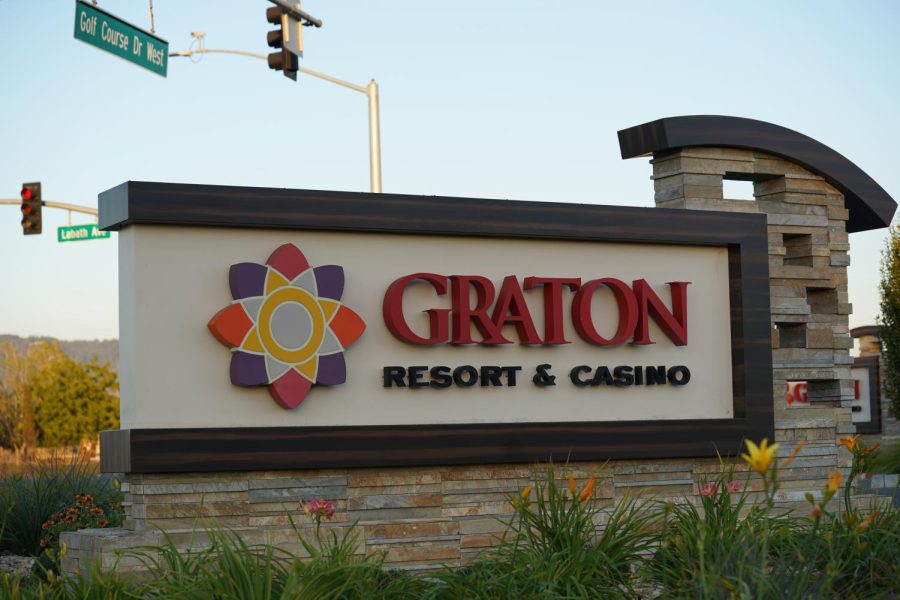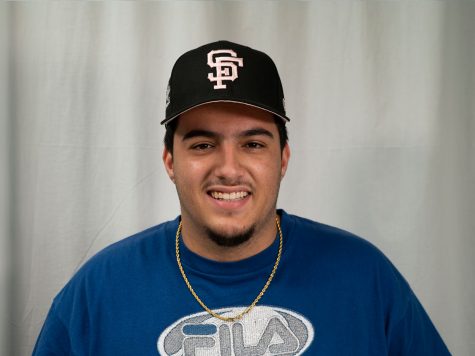In 2018, the U.S. Supreme Court allowed states to legalize commercial sports betting. California state law limits gambling, outlawing sports betting, roulette and dice games.
Proposition 26 will legalize sports betting, in-person roulette and dice games on tribal lands. It also allows sports wagering at certain horse-racing tracks and allows any individual to file suit against cardrooms to enforce certain gambling laws.
Tens of millions of dollars are estimated to be earned annually if passed from racetrack and tribal casino sports betting payments. The proposition also requires racetracks to pay the state 10% of sports bets daily to the California Sports Wagering Fund (CSWF). The CSWF would result in a higher minimum amount of spending for K-12 schools and community colleges. An estimated 40% of CSWF money would be used to meet this higher minimum spending amount. The other 60% would be used to cover sports betting and gambling-related costs. It is unclear if the tribal-state compacts would require additional payments to local governments for sports betting.
Gambling in California currently consists of the state lottery, cardrooms, horse race betting and tribal casinos.
This proposition is funded and supported by several gaming tribes such as the Federated Indians of Graton Rancheria, the Dry Creek Rancheria Band of Pomo Indians and 22 other tribes who will gain more traffic at their casinos.
The opponents of this proposition are the Republican Party of California, California Contract Cities Association and cardrooms, which claim that this law would allow more people to file suit against them because of a provision in the law that would allow anyone including tribes to sue if they operate more like a casino than a card room leading to lost jobs and tax revenue provided to cities by cardrooms.
The top donors in favor include the Yes on 26, No on 27 – Coalition for Safe, Responsible Gaming committee with a total of $123,397,752.08, the Federated Indians of Graton Rancheria with a total $31,859,359.00 in contributions and the Pechanga Band of Indians with a total of $25,320,155.10 donated.
The top contributors against the proposition include the No on 26 – Taxpayers Against Special Interest Monopolies with $42,044,673.00 contributed, Hawaiian Gardens Casino with $10,240,000.00 donated and California Commerce Club, Inc with $10,085,001.00 donated.





